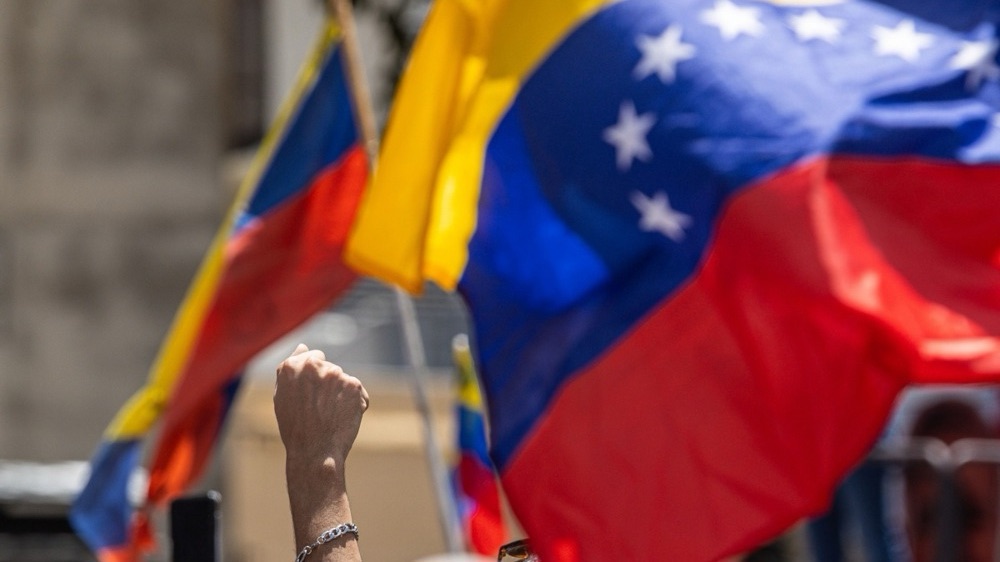Venezuela is once again in turmoil as widespread riots break out across the country, following a deeply controversial presidential election held on July 28, 2024. The election, which saw President Nicolás Maduro declared the winner with 51% of the vote, has been widely condemned by both national and international observers as fraudulent. Opposition leaders, as well as many Venezuelans, believe the real winner was Edmundo González, the opposition candidate, who exit polls indicated won decisively.
Causes of the Riots
The roots of the current unrest are deeply embedded in Venezuela’s prolonged economic and political crises. Over the past decade, the country has suffered from hyperinflation, widespread poverty, and severe food and medicine shortages, all exacerbated by international sanctions and government mismanagement. This year’s election was seen as a critical moment for change, with many Venezuelans hoping for an end to Maduro’s reign which began in 2013.
Unfortunately, the election was marred by allegations of electoral fraud, including manipulation of vote counts and suppression of opposition supporters. These actions have fueled anger and frustration among the population, leading to the outbreak of violent protests in multiple cities across the country .
Impact on the Population
The riots have had a devastating impact on the daily lives of Venezuelans. As protests spread, the government responded with a heavy-handed crackdown, deploying security forces that used tear gas, rubber bullets, and, in some instances, live ammunition against demonstrators. As of early August, at least 12 people had been killed, hundreds injured, and over a thousand arrested. The violence has disrupted basic services, with reports of food shortages worsening as supply chains break down amidst the chaos .
The unrest has also deepened the humanitarian crisis in the country. Many Venezuelans, who were already struggling with poverty, now face even greater hardships as the riots disrupt businesses, schools, and hospitals. The situation has led to a renewed exodus of refugees seeking safety in neighboring countries, adding to the millions who have already fled the country in recent years .
Government and International Response
Maduro’s government has largely blamed external forces for the unrest, specifically pointing fingers at the United States, although without concrete evidence. The government has declared the protests as illegal and warned that further unrest will be met with more severe consequences. On the international front the response has been divided. While countries like Russia have congratulated Maduro, the United States and several Latin American nations have expressed serious concerns about the legitimacy of the election and the violence that has ensued .
Looking Forward
As the situation continues to evolve, the future remains uncertain. If the protests persist, there is a risk of further destabilization in Venezuela, potentially leading to more severe government crackdowns or even a broader regional crisis. The international community is watching closely, with potential diplomatic and economic consequences on the horizon depending on how events unfold in the coming weeks . This situation remains fluid, and the impact on both Venezuela and the broader region will depend heavily on the actions of both the Venezuelan government and the international community in the days to come.

